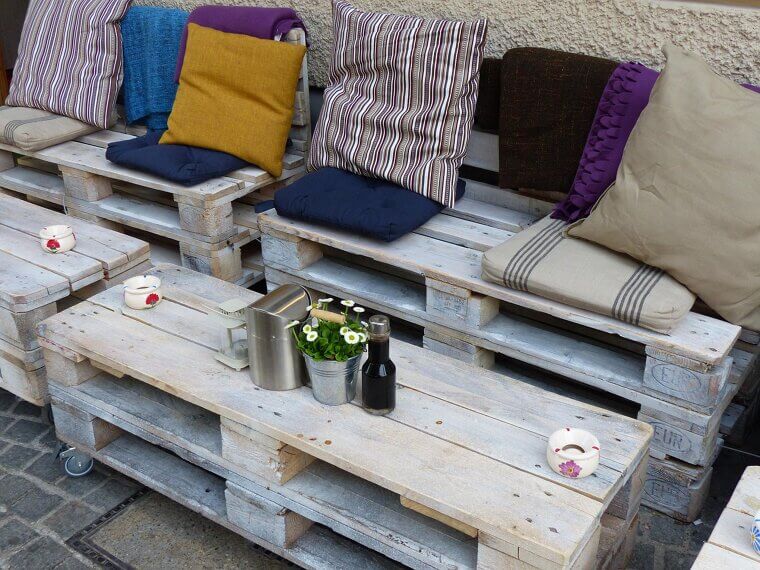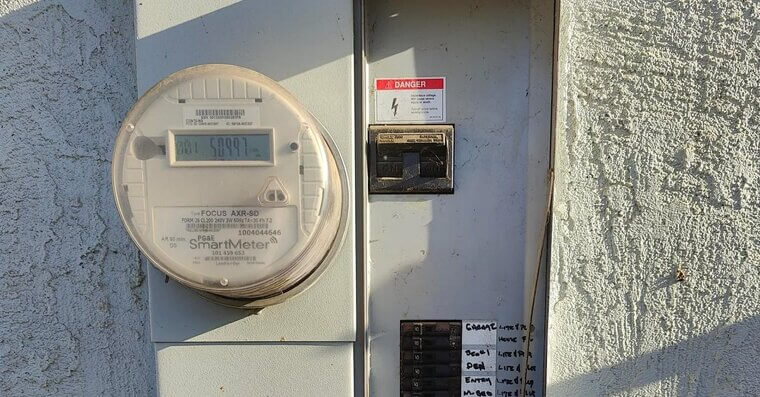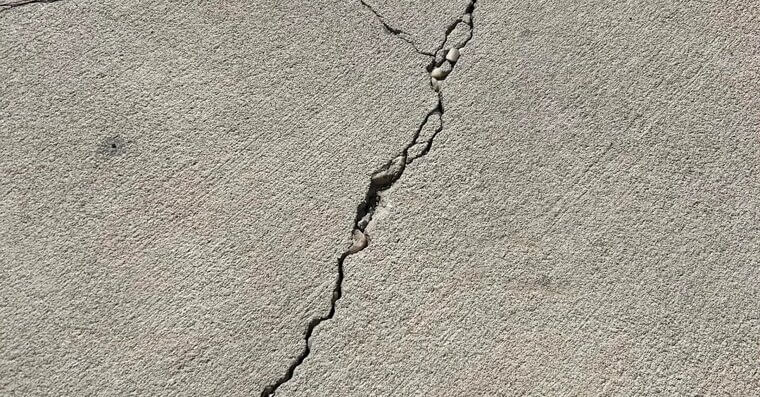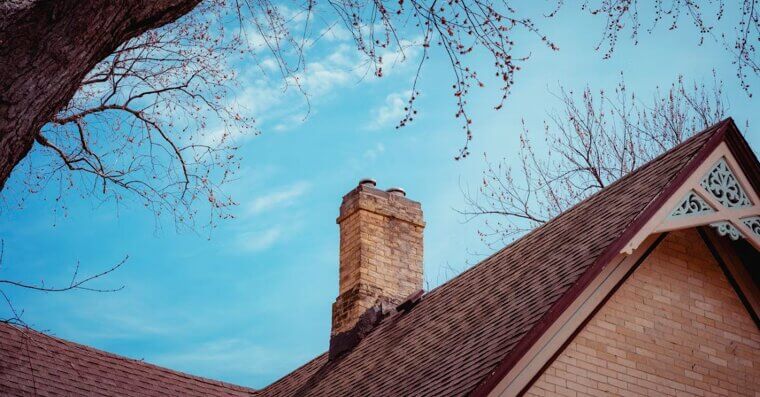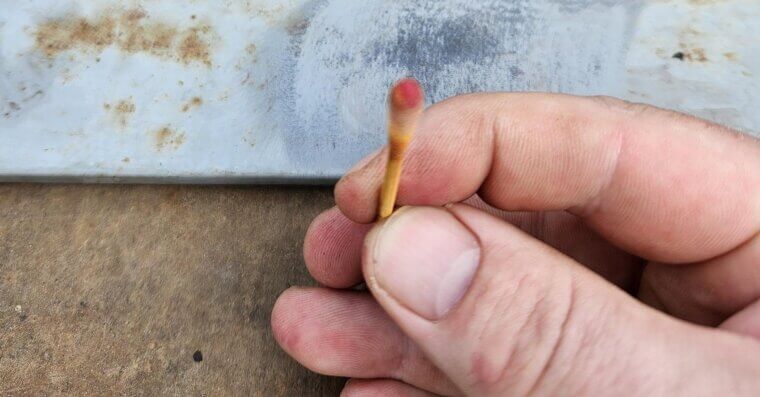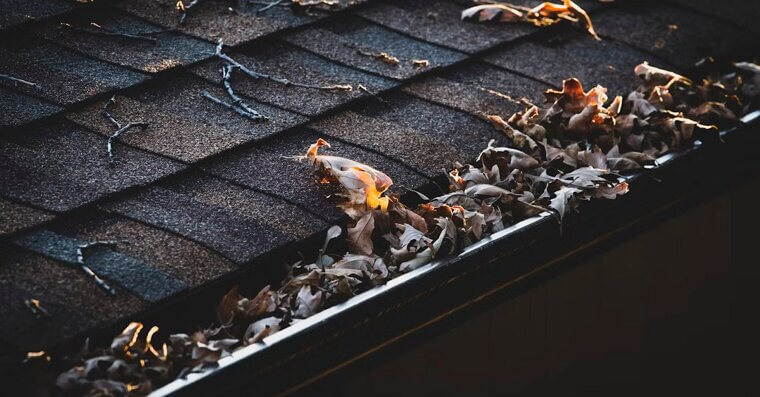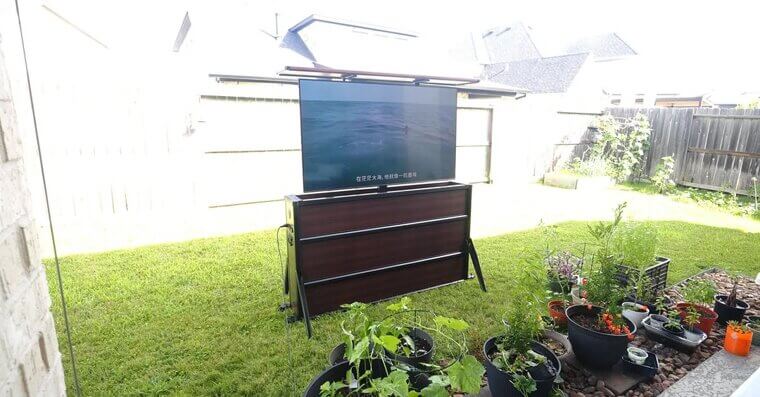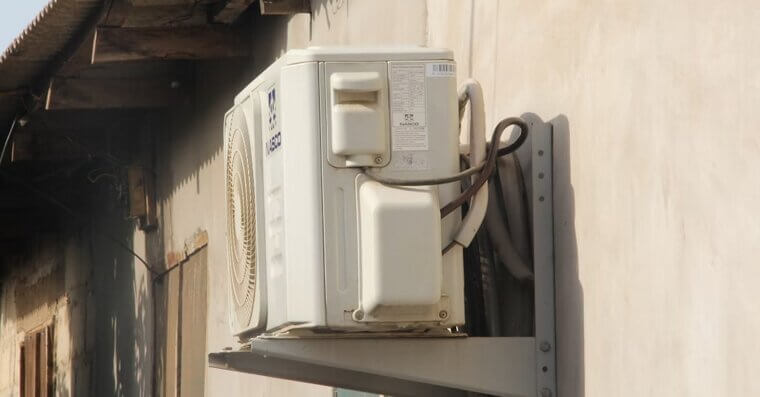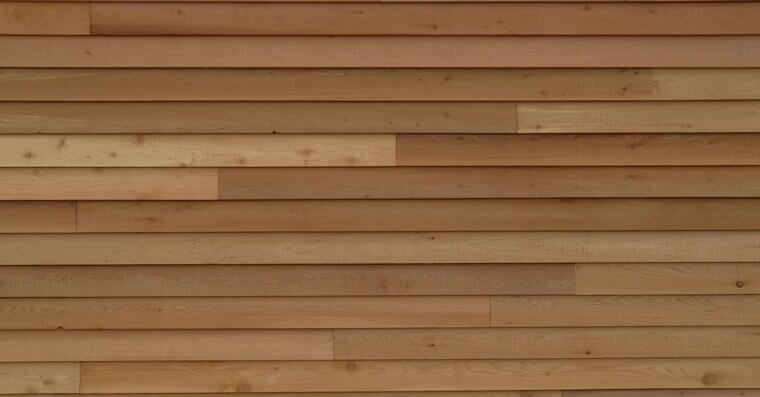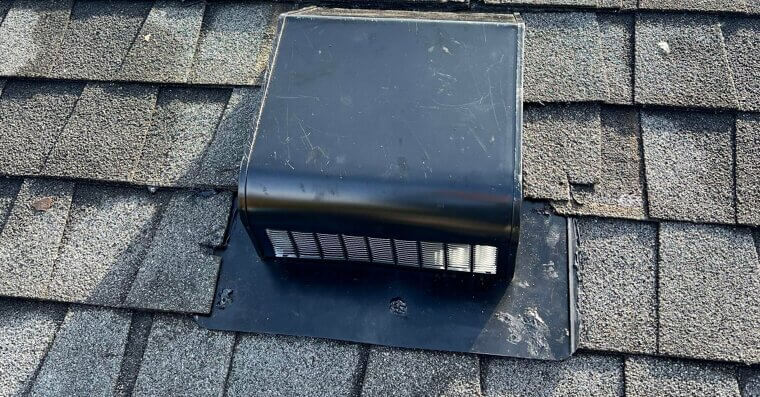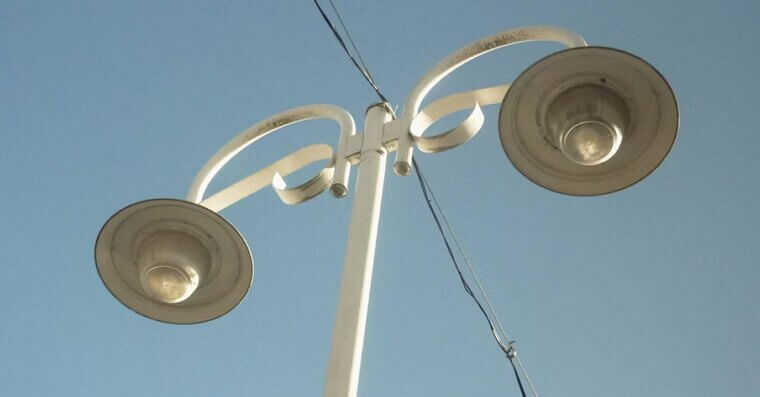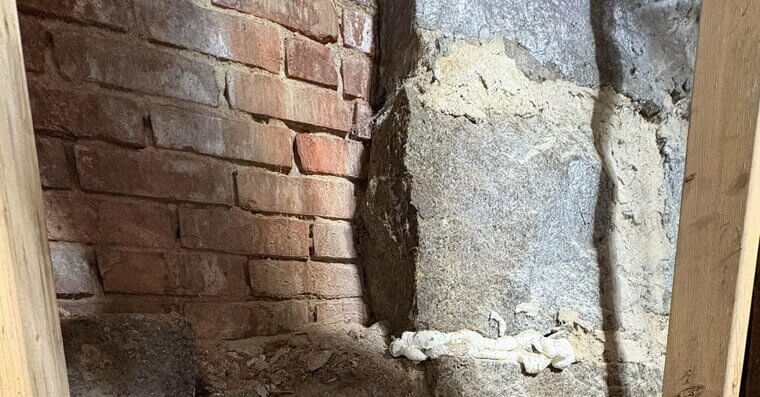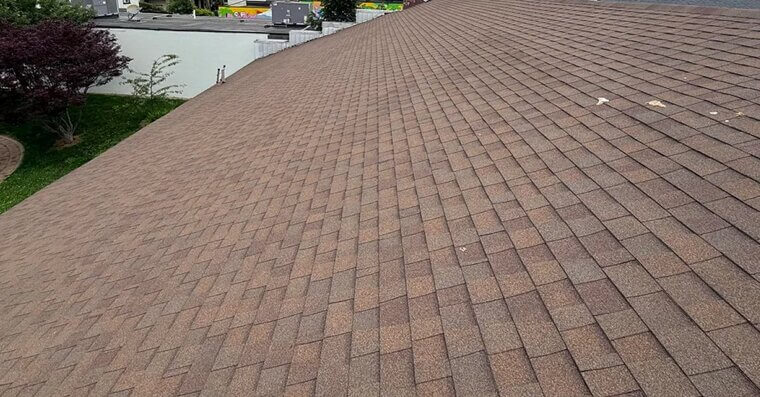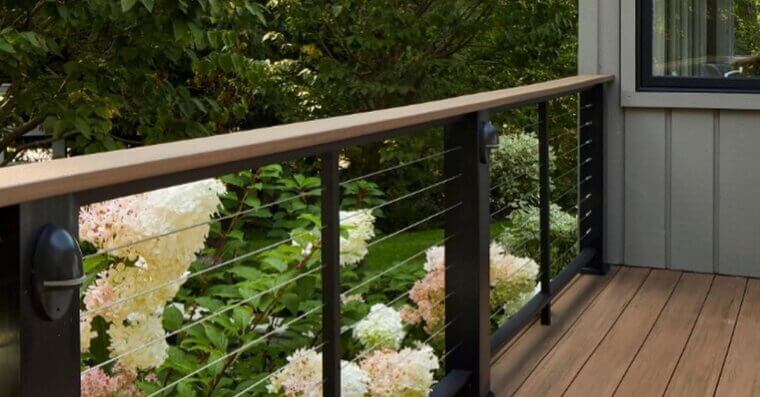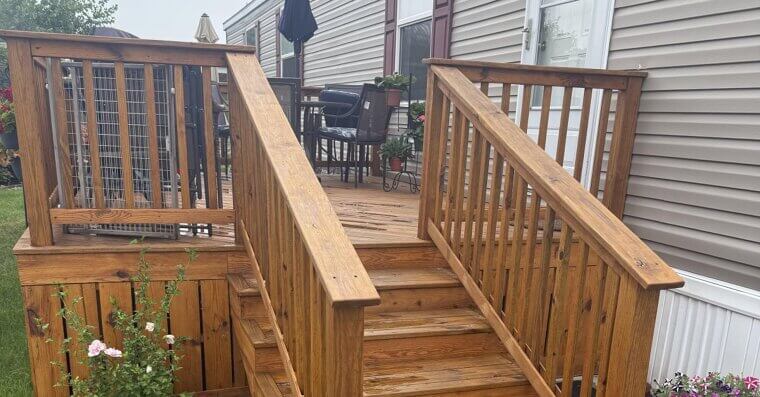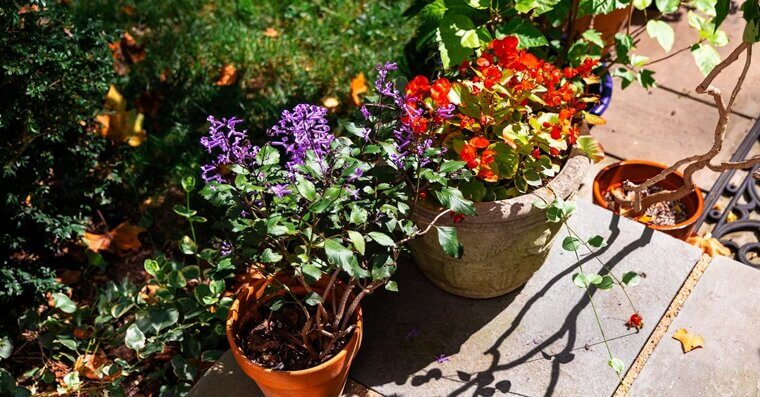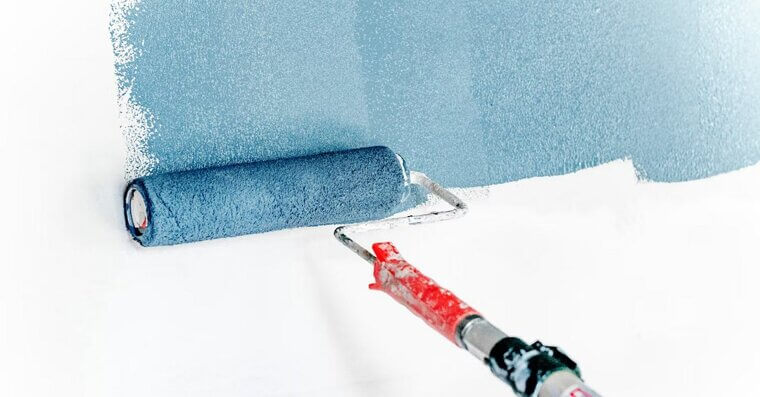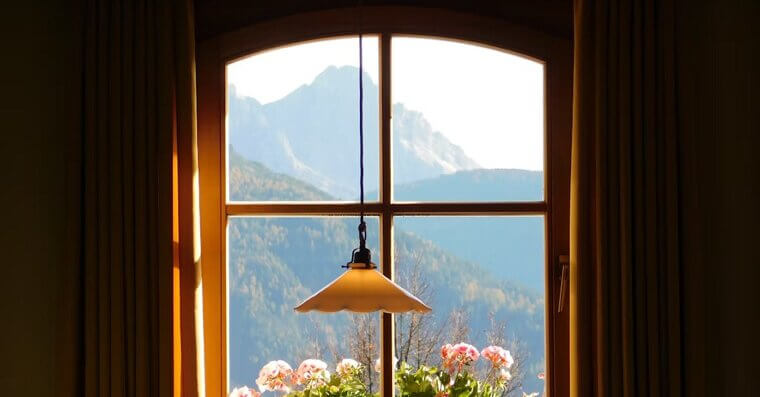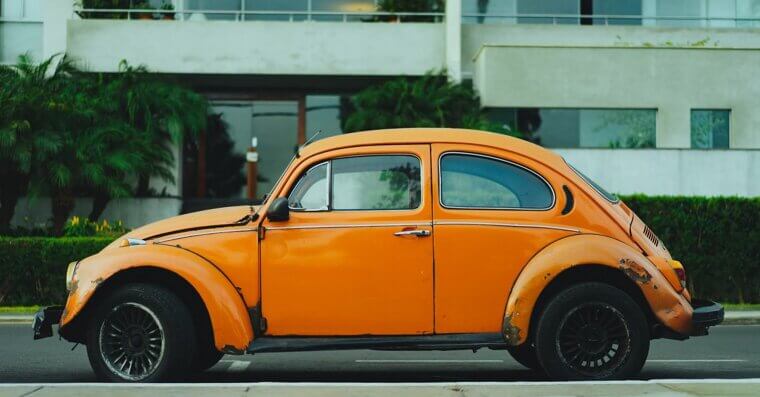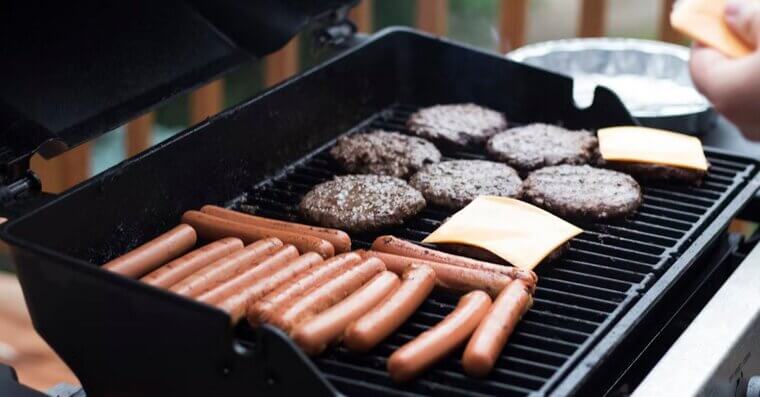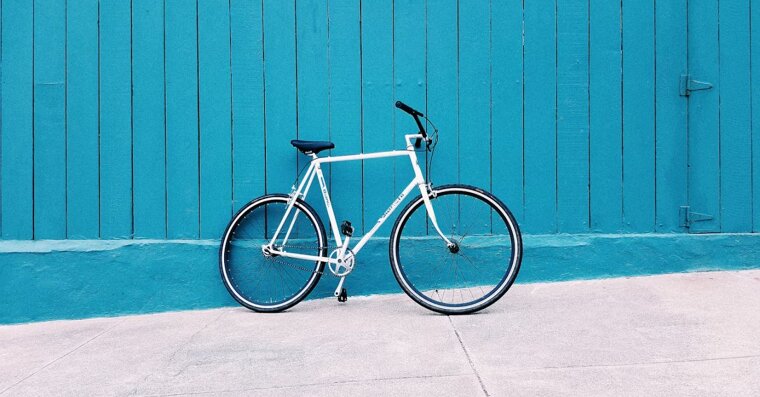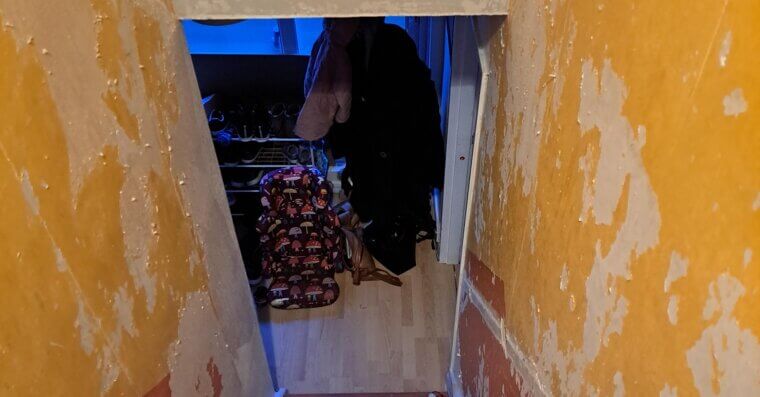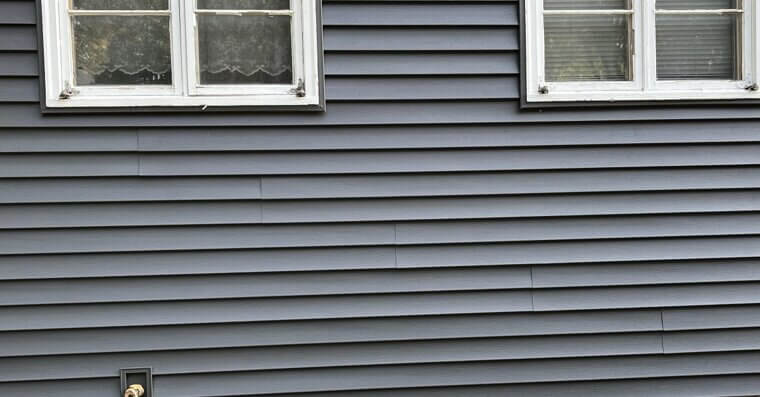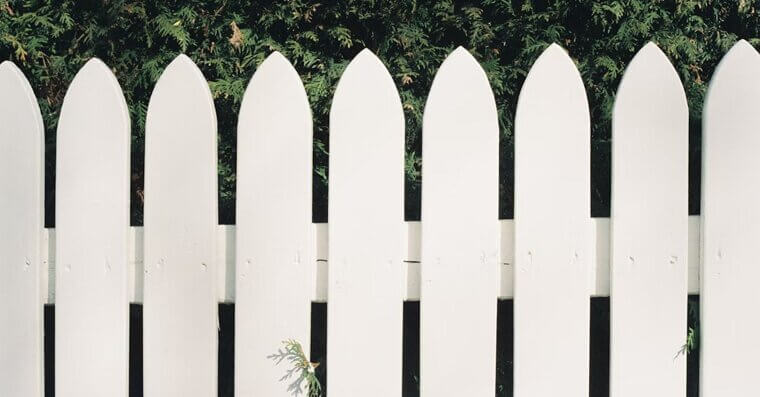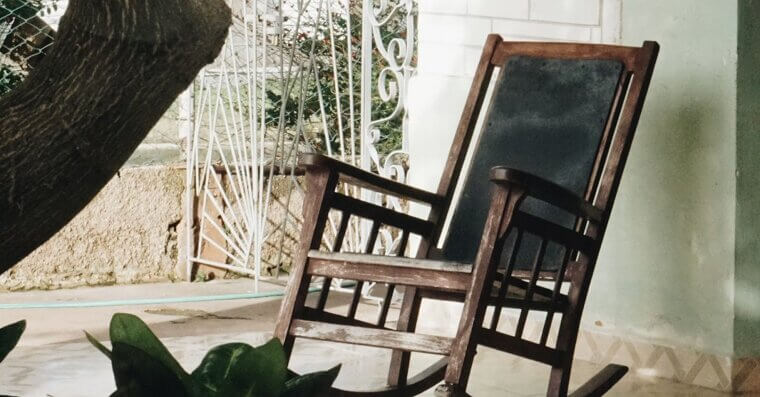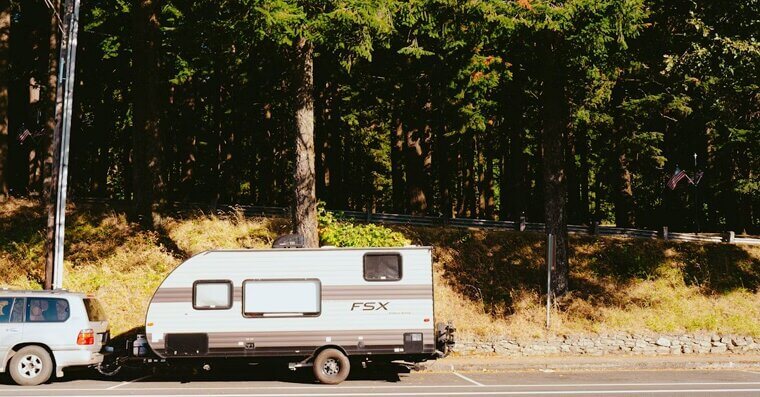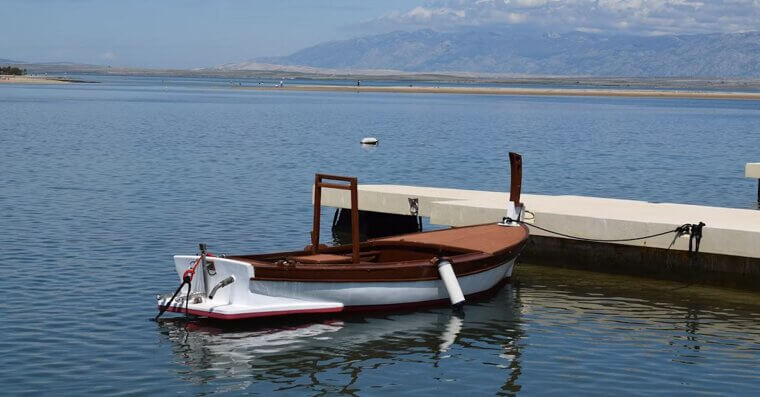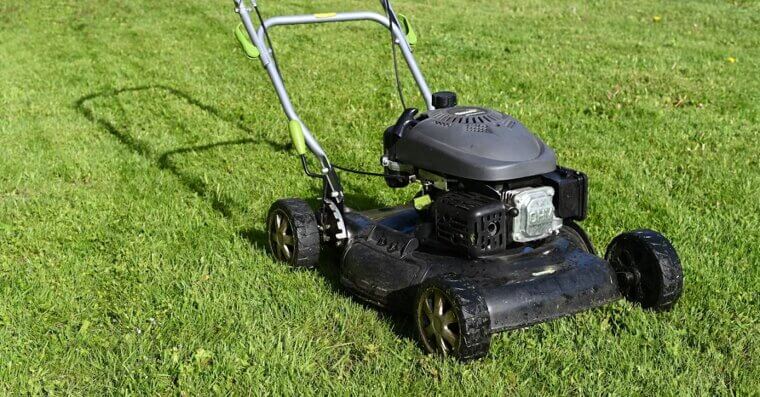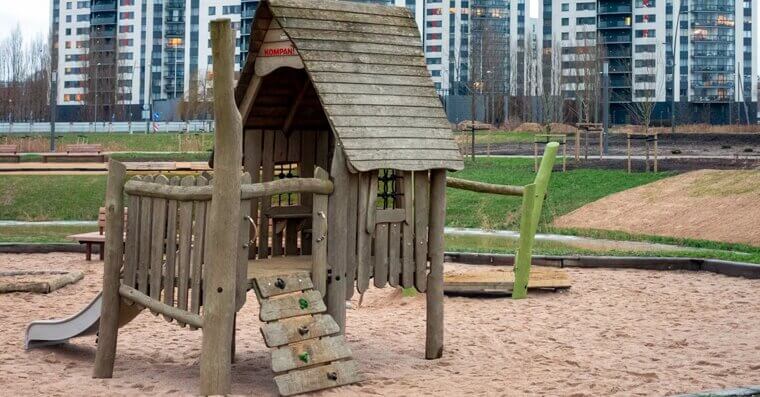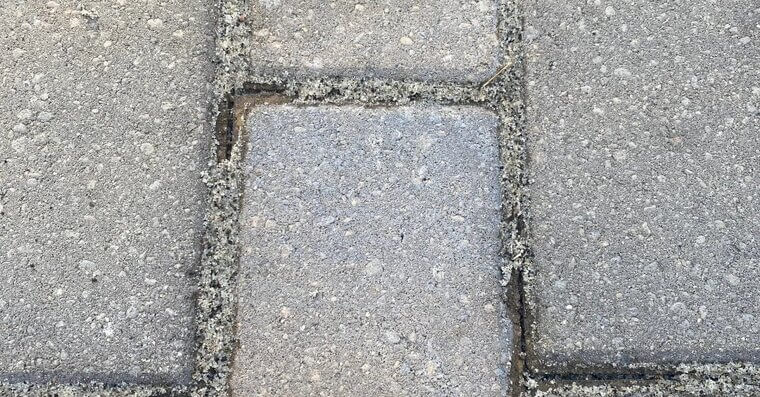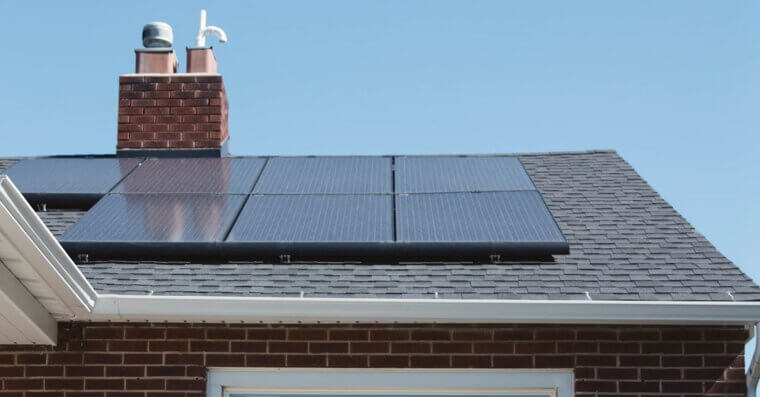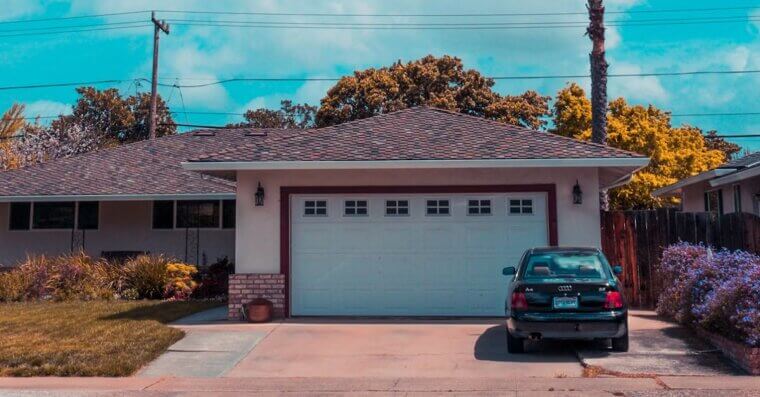Outdoor Cushions
Outdoor furniture cushions get dirty, but blasting them with a pressure washer will tear the fabric or force water deep inside, leading to mold. Instead, unzip the covers (if possible) and toss them in the wash, or scrub gently with soapy water. They’ll stay cleaner and last longer this way.
Cars
It’s tempting to blast away dirt from your car with a fun pressure washer, but that thing can strip paint, dent panels, or force water into seals and electrical components. If you want a quick wash, head to a car wash or use a hose with a wide spray setting and some car-safe soap.
Electrical Panels
This one’s hopefully a no-brainer - mixing water and electricity is never safe and you mustn’t do it. Pressure washing your electrical panel could lead to serious damage and fire hazards. Stick to a dry cloth or a soft brush to keep dust off.
Driveway Cracks
Nope! Don’t even think about it. The high pressure of the water forces out little pieces of concrete, widening the gap and making repairs harder down the line. A better solution is to clean gently, then fill the crack with sealant to keep weeds and water out.
Chimneys
It may at first seem reasonable to try a pressure washer on your chimney, but pressure washing can in fact erode mortar and loosen bricks. That’s a dangerous combo on a structure that tall and vulnerable. A better move is to hire a chimney sweep (yep, they exist outside of Mary Poppins) or use special chimney-safe cleaning products.
Lead Paint
If your home has old paint that might contain lead, a pressure washer is the last tool you want near it. The spray can blast toxic paint chips into the air and soil, creating a dangerous mess. Always call in a certified professional for lead paint removal – don’t risk yourself.
Gutters
Want to clean your gutters really fast? Alas, a power washer isn’t the answer. The force can actually knock them loose or bend them. Plus, it can push water under your roofline where it doesn’t belong. A gutter scoop and garden hose are safer bets for keeping your gutters clear without creating new problems.
Electronics Outdoors
Got an outdoor speaker or TV? Don’t even think about pressure washing it. Even “water-resistant” electronics aren’t designed to handle that kind of force. You’ll end up shorting out circuits or cracking casings, costing you a lot of money.
Air Conditioners
Your AC’s outdoor unit may look like it could use a good clean, but pressure washing is a quick way to bend its delicate fins and ruin efficiency. Bent fins block airflow, making your system work harder and costing you more on energy bills.
Wood Siding
It might seem to the novice like pressure washing wood siding is a good idea, but it is not. The high-pressure blast can force water behind the boards, causing rot, mold, and even structural issues over time. Instead, use a gentle scrub brush and mild cleaner.
Roof Vents
Your roof vents aren’t designed to take a direct hit from a pressure washer. The force can bend or break them, and worse, push water into your attic where mold and rot love to grow. If they’re dusty, just wash them by hand, and gently.
Outdoor Light Fixtures
Those fixtures may be waterproof enough for rain, but they’re not built to handle pressure washing. Few things are. The spray can break seals and ruin wiring, meaning you’ll have to spend your hard-earned cash on replacements. Instead of pressure washing, a quick wipe with a cloth or gentle rinse with a low-pressure hose will do the trick.
Old Mortar
Got an older brick wall with crumbly mortar? Pressure washing can knock that mortar right out, leaving bricks loose and unstable. Even newer mortar isn’t immune - it can weaken under high pressure. Stick to a garden hose with a gentle spray, or hire a pro.
Asphalt Shingles
Got moss on your roof? Call an expert, don’t bring out the power washer. The blast can strip away the protective granules on shingles, shortening your roof’s lifespan. Not to mention, you risk pushing water under the shingles.
Deck Railings
It’s easy to think of pressure washing railings as harmless, but the spray can gouge wood and even loosen fasteners. This not only looks bad but can compromise safety. All you actually need to keep them clean is a soft brush and a mild cleaner.
Stained Wood
Whether it’s a deck, fence, or outdoor furniture, stained wood doesn’t take kindly to pressure washers. The powerful spray can strip away stain, leaving the surface patchy and exposed. Of course, if you’re actually trying to get rid of the stain, go right ahead.
Plants
Blasting your garden with a pressure washer is a recipe for shredded leaves and uprooted flowers. The spray is just too strong for delicate plants. Instead, stick with a watering can or a gentle hose nozzle to keep your garden alive.
Painted Surfaces
Pressure washers can peel paint faster than you can say “oops.” Unless you’re intentionally stripping paint, keep the spray away from any painted surface you want to keep intact. Even outdoor paint designed for weather resistance can’t stand up to high pressure.
Windows
Sure, glass looks tough, but pressure washing your windows is an awful idea. The force can crack the glass, damage seals, or push water between panes, leading to fogging. A simple glass cleaner and a microfiber cloth work just fine.
Vehicles With Rust
If your car, truck, or trailer already has rust spots, pressure washing only makes them worse. The force can strip paint and expose more metal to the elements, speeding up corrosion. Stick to a soft sponge, mild car soap, and a garden hose for cleaning without causing new rust patches.
Grills
Pressure washing your grill might seem like a quick way to clean off grease, but it’s a disaster waiting to happen. The spray can force water into burners, electronics, or grease traps, leaving you with a rusted, non-working grill. And those things are expensive.
Bikes
Blasting your bike with a pressure washer is tough on its delicate parts. The spray forces water into the chain, bearings, and gears, washing away grease and causing rust. A simple bucket of soapy water, sponge, and a gentle rinse works far better.
Loose Paint
If you’re not prepared to deal with peeling paint everywhere, keep the pressure washer away. The spray will strip paint unevenly, leaving behind a patchy mess. If your goal is repainting, a proper scraper and sander are better tools.
Vinyl Siding Seams
Vinyl siding is tougher than wood, but seams and edges are weak points. A pressure washer can force water behind panels, leading to mold, rot, and warped siding. If your vinyl siding needs a clean, a garden hose with a wide spray setting and mild soap is all you need.
Wooden Fences
Like decks and siding, wooden fences take a beating from pressure washers. The spray can cause splintering, strip stain, and shorten their life. A garden sprayer filled with fence cleaner and a stiff brush works just fine. It takes some elbow grease, but your fence will last much longer.
Antique Furniture
That old rocking chair or bench has survived this long, but pressure washing can ruin decades of character in seconds. The force strips away finishes, gouges wood, and makes joints loose. Don’t do it – many a day has been ruined that way.
Trailers and Campers
RVs and campers have seams and seals that don’t mix well with high pressure. Water can sneak inside, leading to mold and hidden rot. Instead, use a soft brush, mild detergent, and a garden hose to keep your trailer or camper clean.
Boats
Pressure washing your boat is not a good idea to say the least. The force can damage seals, strip paint, or harm delicate fiberglass finishes. A specialized boat soap and a soft brush work much better. Plus, you avoid accidentally blasting bad things into the water where your boat is docked.
Lawnmowers
After mowing, grass clippings and dirt stick everywhere, but a pressure washer isn’t the answer. Water forced into bearings and spark plugs can cause rust and electrical issues. A stiff brush and hose rinse should be enough to keep your mower clean.
Wooden Playsets
Kids’ playsets look like they can be power washed, but nope. Pressure washing can splinter wood and strip protective finishes. That makes them not only unsafe but also more vulnerable to weather damage. And you want the playset to last your kid’s entire childhood, right?
Pavers With Sand Joints
If your patio or walkway has pavers with sand between them, pressure washing is a bad idea. The blast removes the sand, loosening pavers and creating tripping hazards. A broom, mild cleaner, and low-pressure hose will get rid of dirt without messing up the foundation of your patio.
Solar Panels
Solar panels are tough enough for rain and storms, but absolutely not for a pressure washer. The spray can crack glass and damage seals, and it’ll certainly void the warranty. A soft brush with a long handle and a gentle hose rinse is the safe way to keep them producing maximum energy without expensive repairs.
Garage Doors
Pressure washing garage doors can strip paint, dent panels, and even mess with the weather seals at the bottom. It may seem quick, but it’s not worth the potential repair bill. A bucket of warm soapy water and a sponge keeps your garage door looking nice without the risks.

